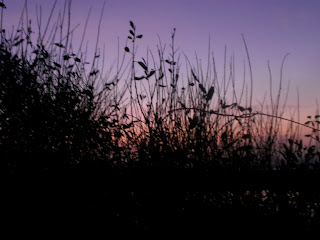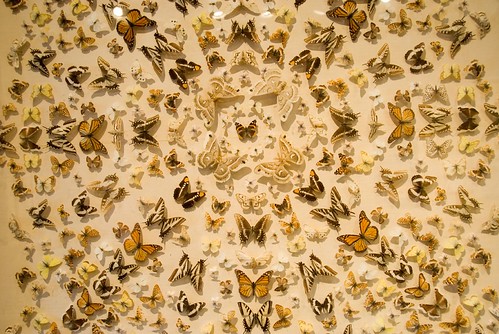I have been saying that hope is the thing that has allowed me to live through the last two unbelievably turbulent years.
Now I'm not really sure what keeps me moving forward, but it isn't hope.
I'm going to try to just accept life the way it is and stop working so hard to make it better.
The fruitless labor has been taking a tremendous toll on my physical and emotional health. For example, I have had the flu twice this fall. And I never sleep anymore. I cry every day.
Here is what is true for me: I can't leave this place because I have people here who need me, yet I am all alone all the time.
It would be a lot easier if I could just be put in suspended animation, only to be activated once a week or once a month when someone needs me for something.
I am trying to lay my dreams to rest. There is no point in dreaming.
You are probably getting weary of the endless poetry. Me too.
Poetry is just a way to encode pain so we can imagine ourselves as less pathetic. It is a way of clothing the naked, unglamorous truth of our pain. Pain is ugly, poetry is pretty.
By quoting poetry, we attempt to turn our own pain into art the way these poets and songwriters seem to have.
Lonely
By Digging Roots
He said, "I'm doing fine, but I'm lonely."
He said, "I laid on the line, but she don't love me."
I hear it all the time, "If only... if only."
With all the people living in this world
Why are we still living lonely?
She said, "He's always by my side, why am I so lonely?"
She said, "All these years we tried,
But he still don't know me."
She's got to get outside. "If only... if only."
In a world full of people, a world full of people
Why are we still living lonely?
By Digging Roots
He said, "I'm doing fine, but I'm lonely."
He said, "I laid on the line, but she don't love me."
I hear it all the time, "If only... if only."
With all the people living in this world
Why are we still living lonely?
She said, "He's always by my side, why am I so lonely?"
She said, "All these years we tried,
But he still don't know me."
She's got to get outside. "If only... if only."
In a world full of people, a world full of people
Why are we still living lonely?




















